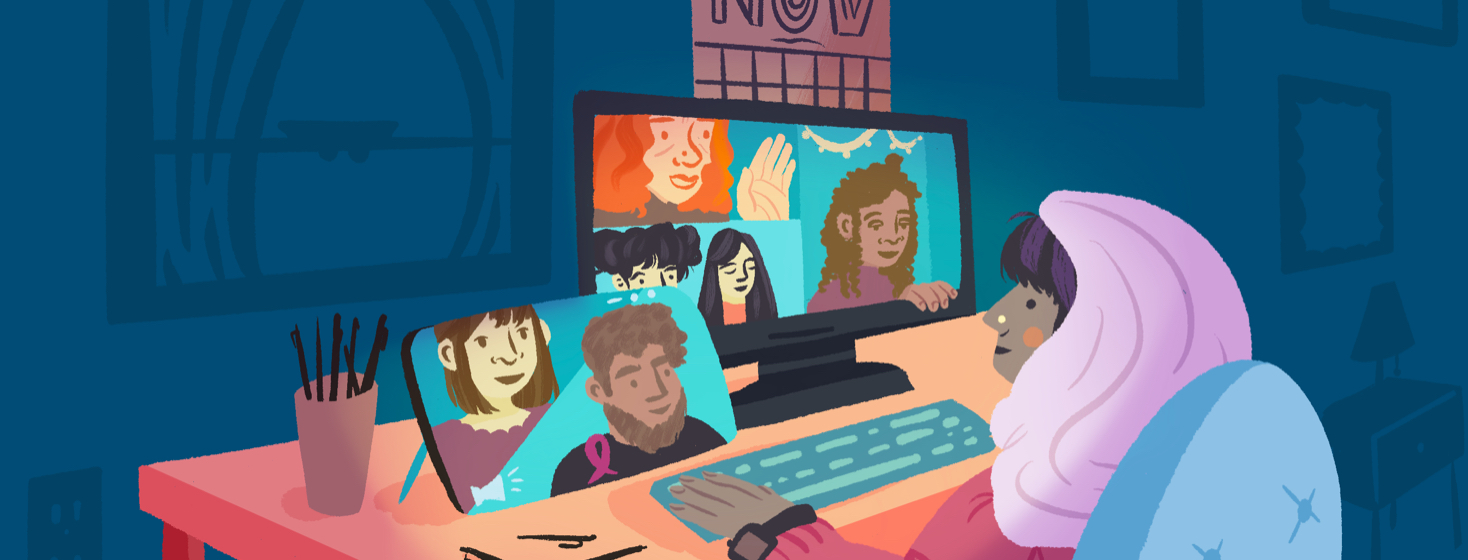Epilepsy Awareness & the Power of Shared Support
November is Epilepsy Awareness Month. This month is an important reminder for me of the 3.4 million people across America who are waking up to take their medication, some fearful of what the day may bring, others thankful they made it through another day, week, month, or year without a seizure striking.
I’m grateful to be in the "month" category of that list, but it took dozens of injuries, multiple tests, losing my career, and brain surgery to get to this point. Along with it all came a rollercoaster of emotions – denial, fearlessness, stubbornness, doubt, tears, and hope.
I’ll dive into those stories and more in the coming weeks and months, but being this is my first article, I want to focus on awareness.
My first epileptic seizure
My first seizure – a tonic-clonic (grand mal) – struck my junior year of college. One night, my roommate and track teammate Christine heard me yelling in my bedroom and rushed in to find me unconscious and convulsing with blood on my pillow.
She knew seizure first aid from her experience working with a young girl with epilepsy, so first, she gently rolled me to my side so blood and saliva wouldn't go down my windpipe. She also called 9-1-1 because it was my first seizure.
Christine's quick response very well could have saved my life that night, and it made me realize how little I knew about seizures.
Awareness of seizure first aid
The other basic rules if someone is convulsing are to put something flat and soft under the person’s head, move things out of the way to avoid injury, and time the seizure (anything longer than 5 minutes needs a 9-1-1 call).
While the tonic-clonic is very obvious, most seizures are not. Epilepsy awareness is important to me because seizures can be almost invisible, or resemble behavior mistaken for a mental illness. I know this through experience.
Someone told me I had a multiple personality disorder after witnessing one of my seizures in a gym. His ignorance only further stigmatizes both mental illness and epilepsy.
Epilepsy Awareness Month as fellow patients
For me, Epilepsy Awareness Month isn’t just about bringing awareness to the general population. It’s making those of us with epilepsy more aware of the struggles our fellow friends with epilepsy face that are different from our own.
Every month I log on to the Epilepsy Foundation of Minnesota adult connect group to see boxes full of familiar faces. We lend an ear and a virtual shoulder to lean on when one person is really struggling, but sometimes, it’s almost everyone.
Epilepsy support groups
If support groups were available during my toughest moments, I wish I’d known. We have more in common than we may think, but the last few months have made me much more aware of the struggles I didn't face.
Like the mom – about my age – who must comfort her kids following one of her seizures. The woman trying to find money for a seizure detection watch and its monthly subscription. The woman battling not just epilepsy, but another serious condition. The man navigating a disability application. The man who’s doctor told him he needed to quit his job, and others who say their stressful job triggers seizures.
Hearing the strain in their voices and seeing the tears well in their eyes broke my heart. It was easy to think I had it the worst 6 years ago when I lost my career, but epilepsy – like other chronic diseases – finds a way to disrupt everyone’s livelihood in its own way.
Grateful for awareness and support
This is why I encourage everyone to find a support group, or at least just try it out. Knowing that someone else knows how it feels to be hopeful about a new medication, only for it to fail, is something I found comforting.
Learning about struggles I’d never had to encounter was humbling. We can all really lift each other up when we ask questions, listen, and become more aware of everyone’s struggles with epilepsy.

Join the conversation